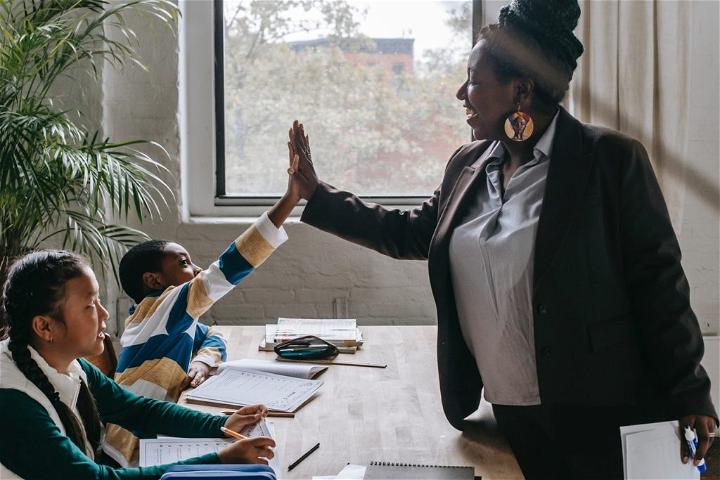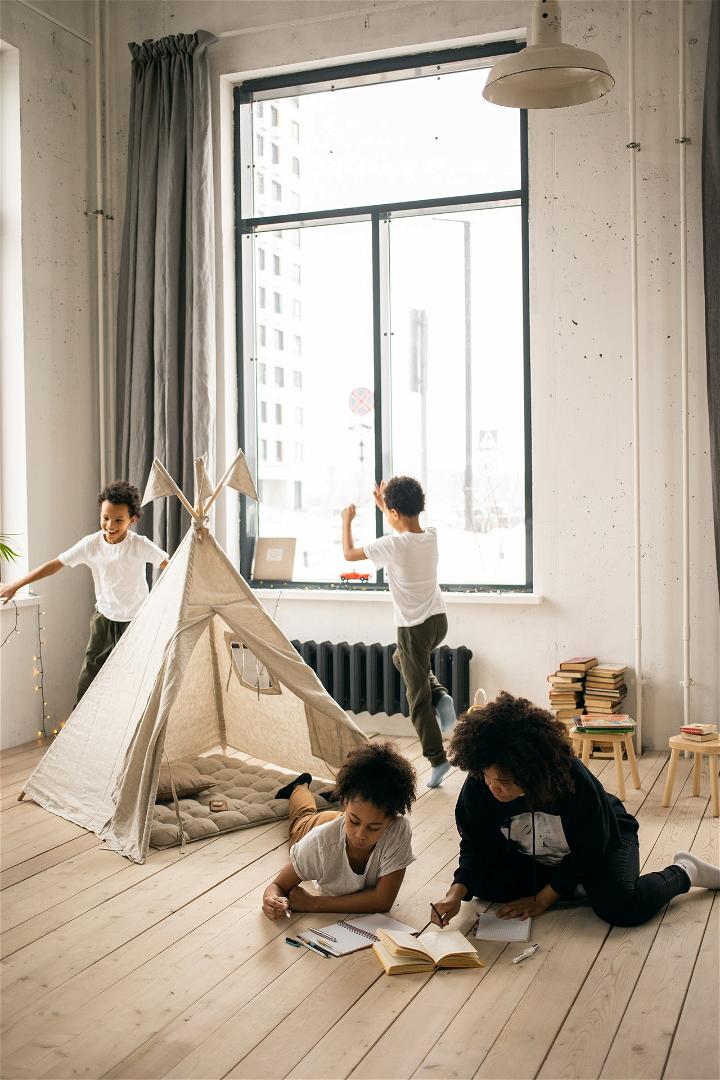Having kids means there will always be a bit of chaos in your life, but that’s fine because it comes with the territory. And truth be told, a very tiny percentage of kids are organized on their own, especially if they have ADHD or some type of learning difficulty. That is why it’s up to you as a parent to help them develop organizational skills which will serve them in life, even when they become adults. If you can manage to instill a sense of order and organization in their young minds, it will be beneficial not just for you, but for them as well. They will have an easier time staying focused on their studies and homework, and keeping their room tidy, among other things.

Once they reach high school and college, they will be able to handle more difficult academic assignments as well as any essay writing service, and they will be able to manage their time in a more productive manner. That being said, let’s take a look at our list of five things you can teach your kids to help them become more organized.
1. Help Them Develop a Routine
This applies to pretty much everything from studying and doing homework to doing household chores. You probably already have a routine for every particular day of the week, so make sure to include your kids in tasks such as doing or folding laundry, doing the dishes, or taking out the trash. You can also set up a routine for them, so they develop a habit to clean their room at the same time every week. Once they learn how much work goes into it, they will become neater and used to putting stuff in their designated spaces. Also, once they branch out and start to live on their own, handling chores will be much more stress-free.

2. Break Up Large Tasks into Smaller Ones
Regardless of whether we are talking about school or housework, initially, your kids are going to have trouble focusing on large tasks. You can help them by breaking up each of those into smaller steps that are more easily digestible for them. For example, if they need clean their room, that particular chore can consist of three tasks: making their beds, putting everything back where it belongs, and wiping the surfaces. The same goes for their school projects, because even the most experienced essay writer or even a scientist will break their work into chunks. Creating these manageable milestones will make all that work seem less daunting for them.
3. Create a Work Space for Them
Although their room might seem like a natural place for them to do their homework and school projects, all of their toys, posters, and games might be too much of a distraction for them. It would be good if you could set up a separate workspace where they can concentrate on the task at hand without any interruptions. Also, provide everything they need in order to complete their tasks, such as their laptops, tablets, calculators, pens, pencils, paper, and markers, among other things. Finally, make sure that their workspace is near you, so they can ask you for help should they need it. It might look like an office of an essay writer with all that clutter, but it’s worth the trouble.

4. Support Their Hobbies
Each child has a talent or knack for something, and by nurturing those talents, you can help them become more organized and focused. If they like to write, support them in that, maybe your child will become a journalist or an essay writer. This goes double if they are involved in some kind of group activity, such as sports or a school band, where they have to follow a certain regimen, be disciplined, and work hard in order to achieve results. In addition to that, most practices and training sessions are structured, there is a routine to them, which means they will also be more used to being organized at home. And they will most likely have to spend some time practicing their hobbies at home, as well, instead of just playing video games for hours on end.
5. Get Them Interested in Collecting
This is easily the most fun way of getting your kids to develop organization skills. There are so many different options at their disposal when it comes to collectibles, such as baseball cards, stamps, toys, old coins, or even rocks. Anything they can collect can be sorted and classified. You can give them easier tasks of arranging their collectibles in a particular order, which will keep them occupied and help them a habit of organizing items.
Conclusion
Helping your kids grow into confident, capable, and responsible adults is a journey that should start at an early age. Of course, you should still let them be kids and play, but introducing some structure into their lives and getting them to become more organized will benefit them in so many ways.
